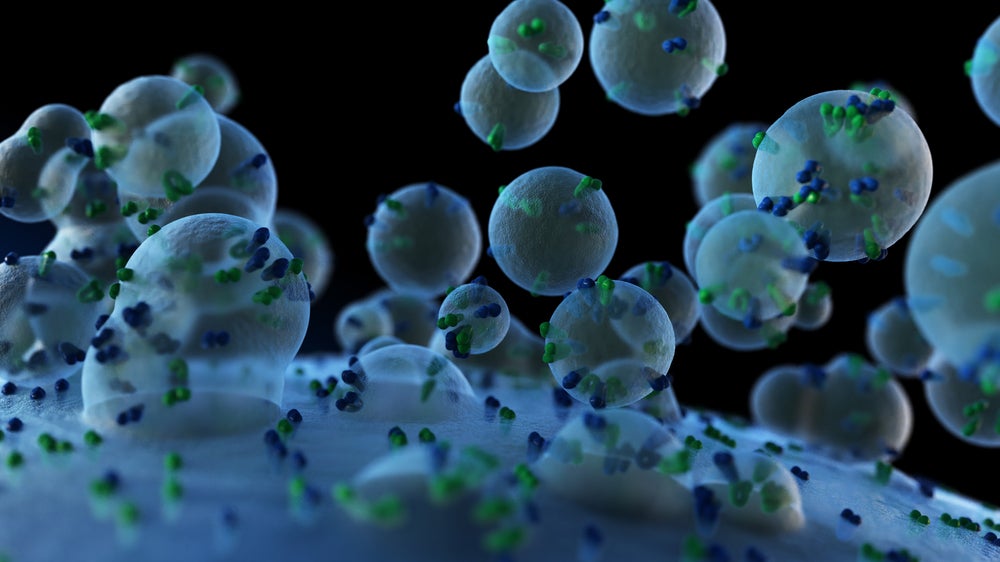

UK-based Evox Therapeutics has entered a research collaboration and option agreement with the Icahn School of Medicine at Mount Sinai, New York, US, to develop exosome-encapsulated adeno-associated virus AAV (exoAAV) vectors for heart disease treatments.
The financial details of the deal were not disclosed.
Evox has developed an exosome platform to deliver genome editors, RNAai, and mRNA to cells. Exosomes are quickly taken up by cells and have rapid clearance from circulation, leading to the efficient delivery of therapeutic payloads to organs of interest.
The collaboration between Evox and Icahn Mount Sinai will focus on delivering gene therapies to cardiomyocytes, and build on Evox’s platform and research done at Icahn Mount Sinai.
Susmita Sahoo, PhD, an associate professor of medicine, cardiology at Icahn Mount Sinai has been researching the use of exosomes in gene therapy. The collaboration announcement highlighted the published findings from Sahoo’s group on the potential applications of exosomes as therapeutics in Circulation in July 2023.
Using gene-editing technology to treat cardiovascular diseases is becoming a leading area of interest in cardiovascular research. In June, US biotech Kate Therapeutics – which has muscle and heart disease gene therapy programmes – debuted with $51m in financing. In the same month, Rocket Pharmaceuticals received a US Food and Drug Administration (FDA) fast-track and orphan drug designation for a gene therapy to treat arrhythmogenic cardiomyopathy.
Also in June, Evox purchased Codiak Biosciences’ engEx-AAV technology platform, an exosome loading platform for AAVs.
Evox CEO Dr Antonin de Fougerolles said: “The work done by Dr Sahoo and colleagues has already demonstrated that exosomes can significantly improve the in vivo delivery of AAV gene therapy to cardiomyocytes and could do so even in the presence of high levels of neutralising anti-AAV antibodies, thus offering the possibility of an exosome-mediated gene therapy that could be used to treat all patients irrespective of their immunological status.
Dr Sahoo said: “We hope to unlock the therapeutic potential of exosome-encapsulated AAVs, which could represent a transformative step in gene therapy and a major breakthrough in the treatment of heart diseases.”
Cell & Gene Therapy coverage on Pharmaceutical Technology is supported by Cytiva.
Editorial content is independently produced and follows the highest standards of journalistic integrity. Topic sponsors are not involved in the creation of editorial content.
